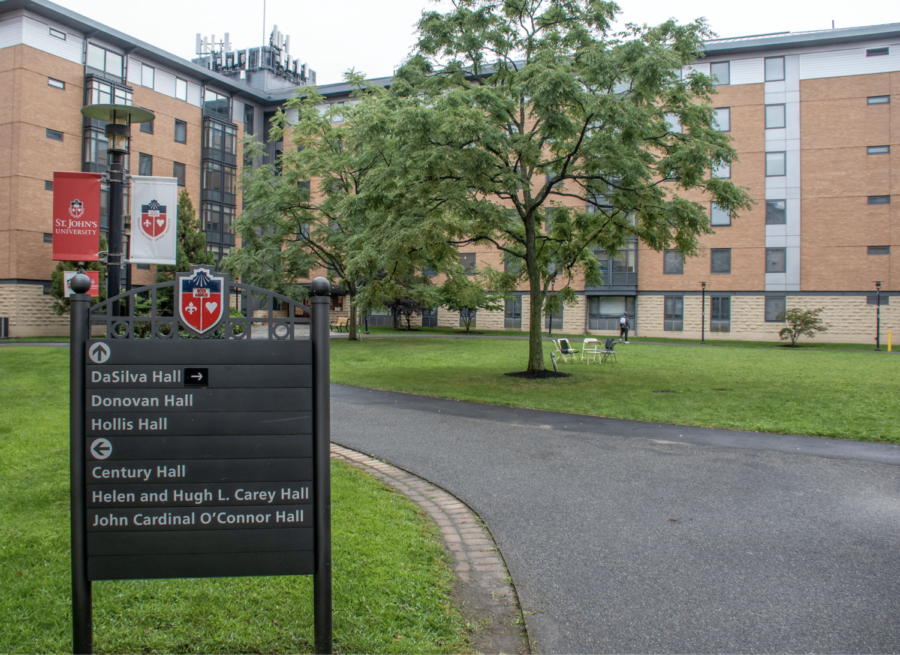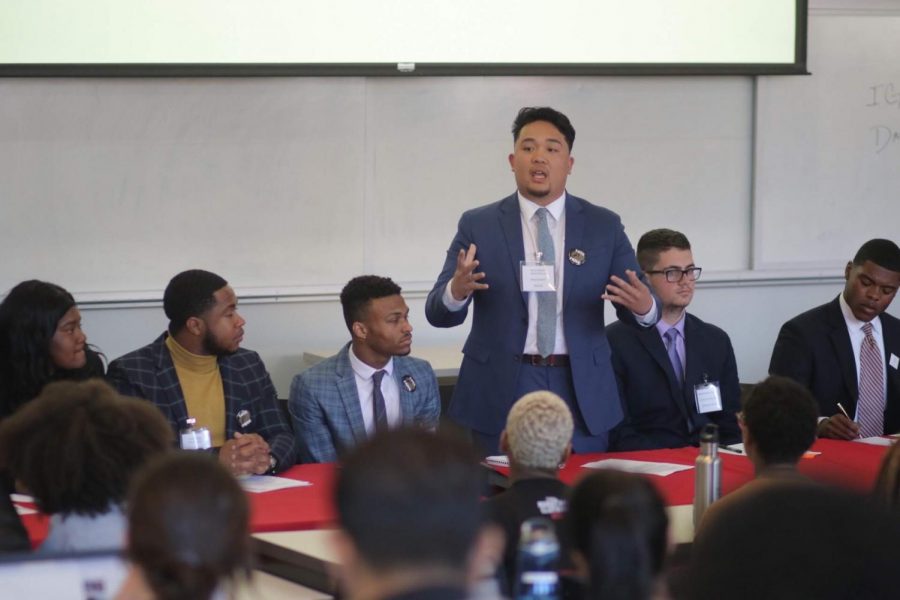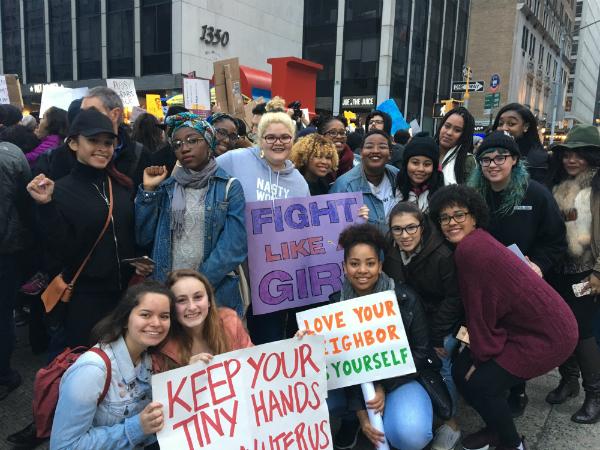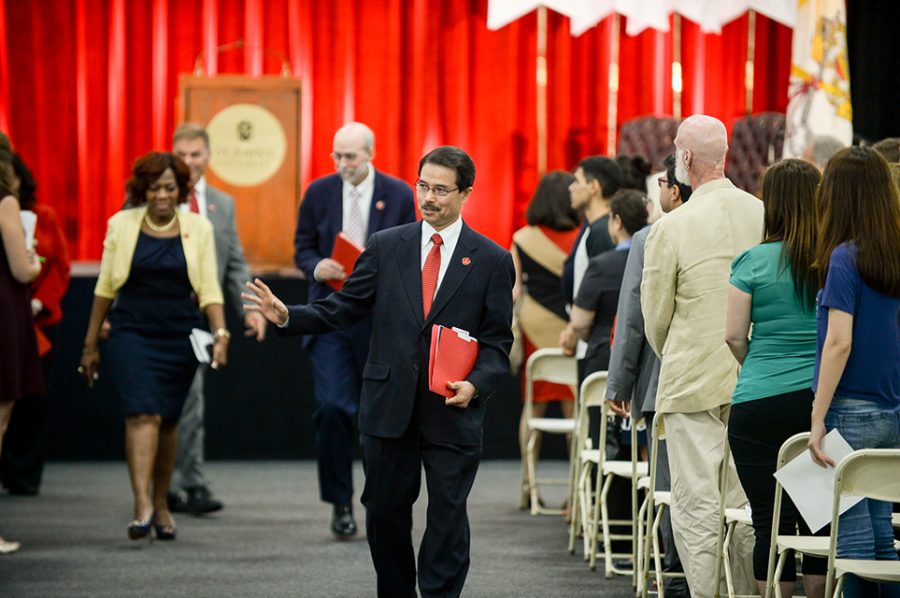The College of Pharmacy and Health Sciences is now accepting applications for their new Masters program in Public Health (MPH) for the Fall 2013 semester, which they say will train students to address adverse health conditions that affect people both locally and globally.
“We are delighted to have added the MPH degree to the many other outstanding programs of study offered by the College of Pharmacy and Health Sciences,” Provost Robert Mangione, said in an announcement.
“We look forward to the significant contributions that faculty members and students associated with this program will make to enhancing health care in our great city, the nation, and the world.”
The 45-credit program focuses on teaching students ways to assemble health initiatives, evaluate environmental hazards, promote wellness and address potential pandemics.
The program offers two forms of specialization, either a local or a global public health concentration that is designed to meet the standards of current professionals and other related contemporaries in the prospective field.
Peter Masoud, a third-year pharmacy student, is interested in the potential of the job outlook that follows the program.
“I’m interested because of future career opportunities, especially with CDC [Center for Disease Control],but I’m still unsure of applying,” Peter said. “It’s still a relatively new program.”
The program is open to all majors as long as they meet the academic requirements: 3.0 on a 4.0 scale, a graduate admission application, a resume, satisfactory GRE scores, three letters of recommendation and a personal statement.
Bibin George, a junior at St. John’s College, heard about the program and finds it fascinating but he intends to continue on his career path as a doctor.
“I think it’s really interesting that they’re offering it here especially with health professions being in demand and all,” he said.
“But I want to help people in a more hands-on way as a doctor.”
Heather Mavronicolas, Ph.D. is the program director for MPH having an extensive background in public health occupations. She believes the program deeply embodies the Vincentian tradition of the University.
“It’s a tradition that will empower individuals to work with both local and global communities to improve health and promote effective solutions to global and regional public health problems,” she said.











